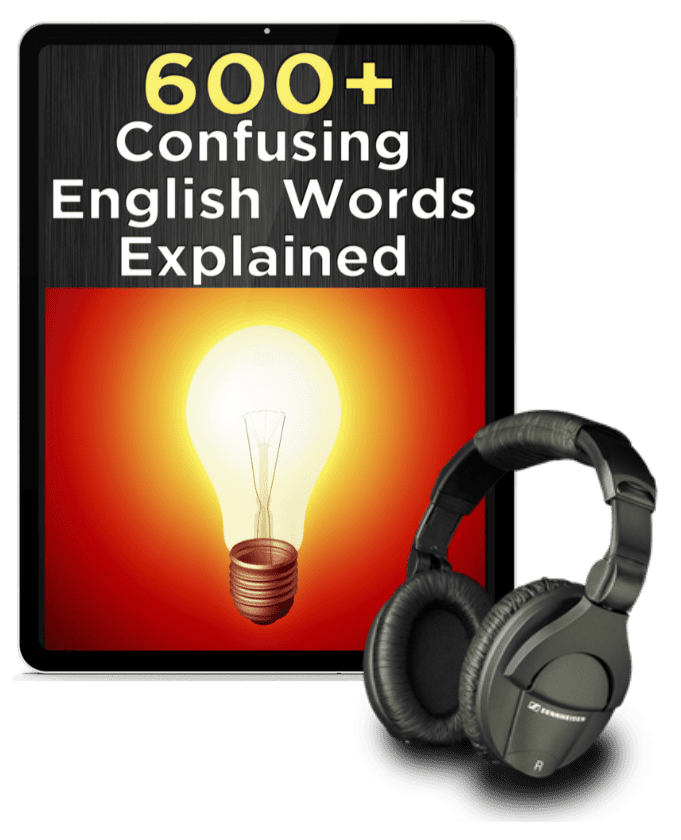
Download 30 “ask the teacher” lessons
Finish, complete, and end are similar, but they’re not used in exactly the same way.
Let’s look at the differences:
1. Finish (verb)
Finish means to stop doing something, or to reach the point when something is done. It’s common in everyday English.
-
I finished my homework at 8:00.
-
Have you finished eating?
-
They finished the project last week.
-
We finished cleaning the house just before the guests arrived.
-
I can’t finish this book — it’s too boring.
👉 Finish is casual and focuses on the action coming to an end.
2. Complete (verb / adjective)
Complete is more formal. It means to finish all the parts of something, often in official, academic, or professional contexts.
-
She completed her degree in 2022.
-
Please complete the form and sign it.
-
The team completed the construction ahead of schedule.
-
He completed the training course successfully.
-
We finally completed the puzzle after three hours.
👉 Complete emphasizes doing 100% of the task.
As an adjective, complete means whole, entire, or total.
-
This is a complete set of tools. (all of them are included)
-
The house was in complete darkness. (total darkness)
-
He’s a complete beginner. (100% beginner, no experience)
-
That’s complete nonsense. (total nonsense)
-
We were in complete agreement. (total agreement)
👉 As an adjective, complete expresses the idea of entirely / totally.
3. End (verb / noun)
End can be a verb or a noun. As a verb, it means that something stops or concludes – often naturally, not necessarily by someone’s choice.
-
The movie ended at midnight.
-
The meeting will end at 5:00.
-
Their friendship ended after the argument.
-
Summer vacation is ending soon.
-
His career ended when he broke his leg.
As a noun:
-
I knew the end of the story would be sad.
-
This is the end of the road.
👉 The word end describes when something stops or concludes, not the act of completing a task.
✅ Quick Summary:
-
Finish = stop doing something (casual, everyday).
-
Complete = do 100% of something (formal/professional).
-
End = something comes to a conclusion (verb or noun).








